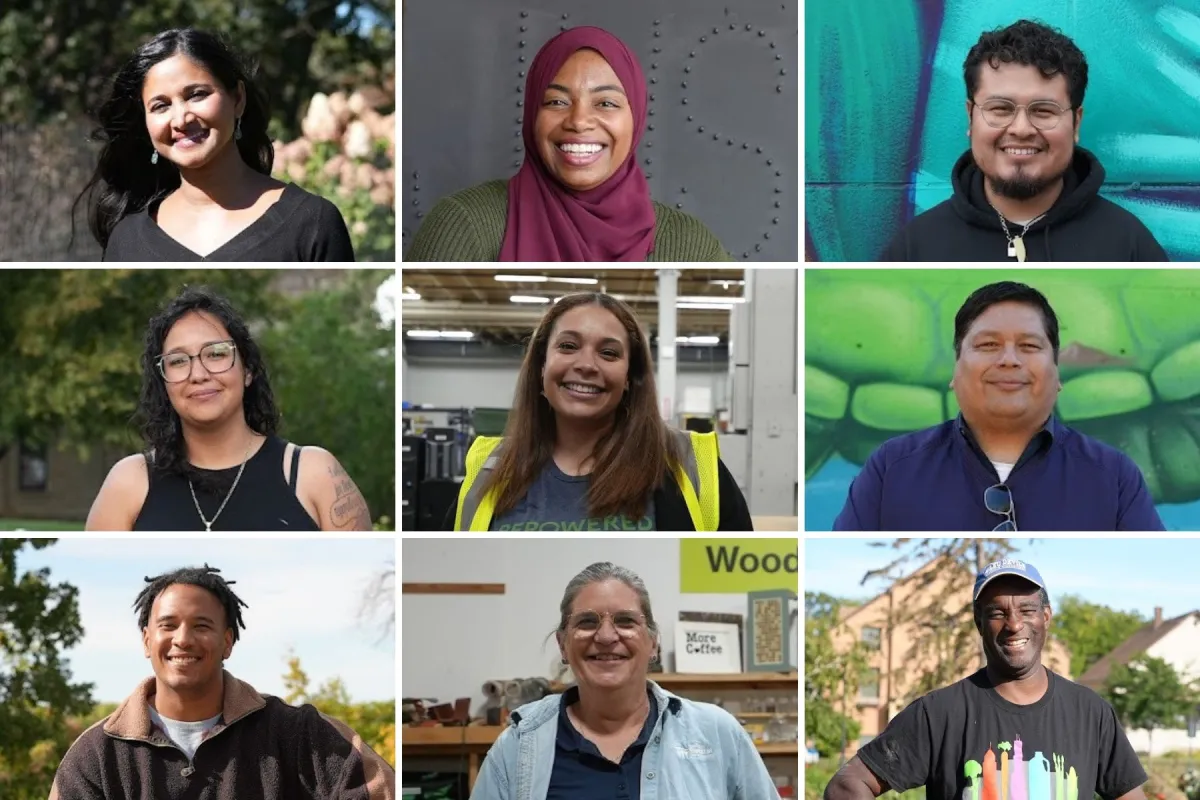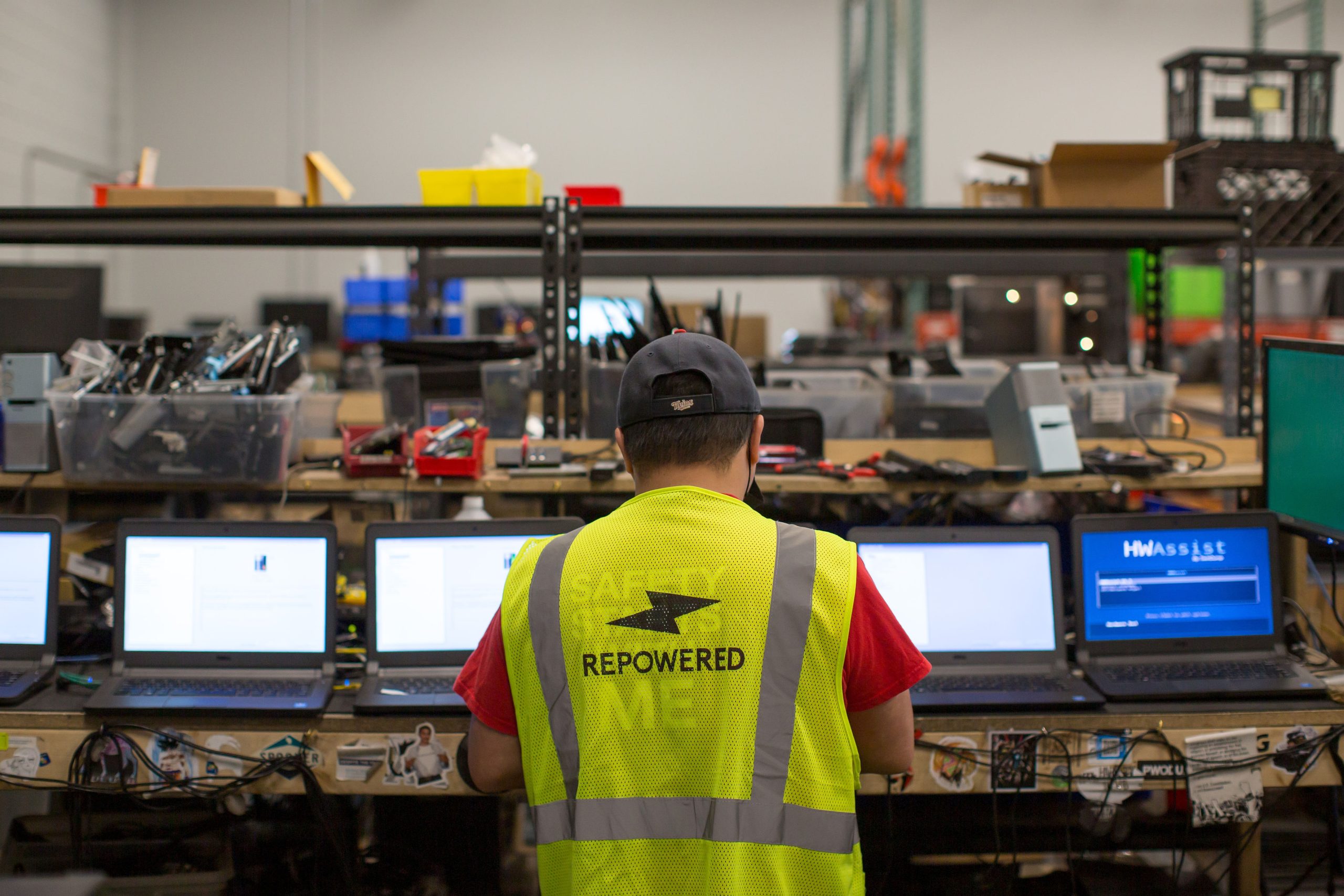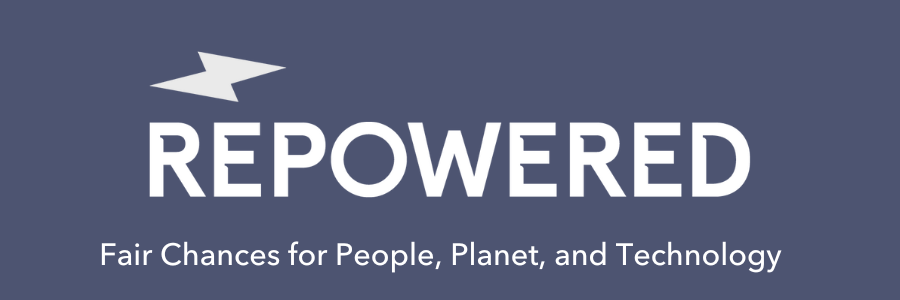
A global nonprofit addressing the climate crisis is featuring nine Minnesotans from diverse backgrounds in a new documentary that highlights local voices in environmental fields.
An extended preview of the film, “Drawdown’s Neighborhood: Twin Cities,” was screened Sunday, January 29, as part of The Great Northern Festival, a celebration of Minnesota winters and diverse cultures. The festival takes place across the metro through February 5, and features several events and panels focusing on climate change and its impact in Minnesota.
Drawdown’s Neighborhood series is an effort by the nonprofit Project Drawdown, which focuses on accelerating climate solutions so that the planet can reach drawdown, the point where global greenhouse gas emissions stop rising and begin to decline. The organization started its neighborhood series to share what climate solutions look like and to show that people from all backgrounds can and do participate in environmentalism.
“We can’t afford to have people questioning if they belong in climate solutions,” said Matt Scott, director of storytelling and engagement for Project Drawdown.
The documentary is the third in the Drawdown Neighborhood series, which launched in Pittsburgh and Atlanta. The group chose to highlight the Twin Cities because of organizational connections to the area* and a desire to explore race relations in Minnesota in-depth after George Floyd’s 2020 murder by Minneapolis police.
“As a young Black man, it was powerful thinking about those dynamics when you think about the murder of George Floyd in the city,” Scott said.
Scott says the neighborhood series stresses the idea of “passing the mic” to underrepresented voices in the climate world, a theme that resonated in an extended preview of the documentary shown at the Parkway Theater in south Minneapolis Sunday.
Whitney Terrill, an environmental justice organizer with the Sierra Club who formerly worked for Minneapolis-based Interfaith Power and Light, is one of the film’s subjects. She discusses the importance of amplifying the voices of underserved communities harmed by pollution as a way to pressure and influence people in power.
“You have people who are really suffering who never get their views consulted,” Terrill says in the documentary.
The film also showcases community organizer Jose Alvillar from Unidos MN; storyteller Jothsna Harris, founder of the climate communications platform Change Narrative; Emily Mauter of electronics recycler Repowered; Alboury Ndiaye of the Waste Wise Foundation; and Habitat for Humanity’s New Brighton ReStore manager Jan Hagerman, who discusses the recycling and reuse field.
Solar entrepreneur and tribal energy independence advocate Robert Blake of Solar Bear and Native Sun highlights the transition to green energy in the documentary. Agriculture is explored through Crispin Phillips, the urban agriculture program manager at Appetite for Change. A segment with HourCar/Evie Carshare’s fleet logistics manager Yesina Robles Pelayo hits the topic of transportation.
“If everybody does their own little part, we can all contribute to a big piece,” Robles Pelayo says in the documentary.
The interviews explain how each person got involved in climate change, explores barriers they may have faced entering the field, and highlights the work they’re doing to help reach the drawdown point.
Scott said Project Drawdown found its Twin Cities subjects by reaching out to more than 50 people for recommendations about who to feature. The group received several tips, and sought to interview people who don’t often appear in traditional media.
While each city has its own nuances and circumstances, Scott said he sees some commonalities across the nation.
“A theme I see is that there are the skills and the passion to do something to be a part of climate solutions, but people—often because of their identities—experience barriers,” Scott said.
The documentary is a multi-part compilation of the nine interviews, and will be released in full on February 15 on the Project Drawdown website. The goal is to get the project in the hands of educators and neighborhood groups that can help share the message that everyone can contribute to climate solutions.
*Disclosure: Sahan Journal contributing photographer Drew Arrieta is a member of the Project Drawdown storytelling team.
•••
Recent News & Articles

Spotify Car Thing: What To Do Once The Device Stops Working

Second Chance Month: Why Fair Chances Are So Important

